Why Paul Bassat backed Georgina Harrisson to take helm at not-for-profit Amplify
Georgina Harrisson’s long public service career came to a brutal end with the NSW election last year. But a phone call from a recruiter on behalf of Paul Bassat has led her back to the helm.
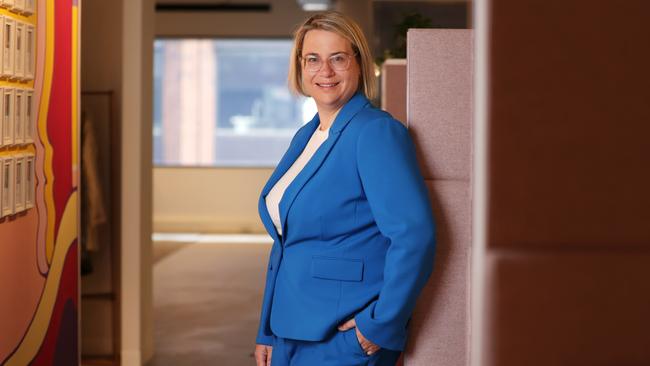
It was the most difficult day of Georgina Harrisson’s working life.
On April 14, 2023, she and two fellow senior bureaucrats were terminated by new NSW Premier Chris Minns, as the incoming Labor government swung the axe across the state’s public service.
Her sacking from the helm of the NSW Department of Education brought a brutal end to a 23-year career of devoted public service in Australia and the UK.
Harrisson had held senior departmental roles in the Australian federal and NSW state governments, as well as senior departmental, Cabinet and Home Office roles in London.
“It feels rubbish, right? There’s no getting away from that. There is a brilliant club of secretaries who have been through it. So the first people to call you are those that have been there before,” she says in her first public comments on the decision.
“But if your advice isn’t going to be taken, if you are the fall guy for a thing that is going to happen in the system, you actually have to be prepared to lose your job in order to lead with courage.”
But the pain of that day still runs deep. Suddenly you see the very real, human Georgina Harrisson, who seems anything but the stereotypical faceless, emotionless, career bureaucrat.
“To lose it publicly, when it is the thing you have cared about so much, for so long, that is really hard. You can hear it in my voice straight away,” she says as her composure breaks, tears momentarily welling in her eyes.
At the time, her father, Geoff, had been diagnosed with Lewy body dementia (LBD), a brain disorder that affects thinking, movement, behaviour and mood.
“It was hard at the time because my dad got quite ill, and he’d been a public servant. So for it to be one of the things he loves and was cognisant of – because he has dementia – was really hard,” she says in a pained voice, before apologising.
“Sorry, gosh, it is a bad thing that chokes me up.”
While the personal trauma lingered in the months that followed as her father was hospitalised with his condition, her professional grief was short-lived.
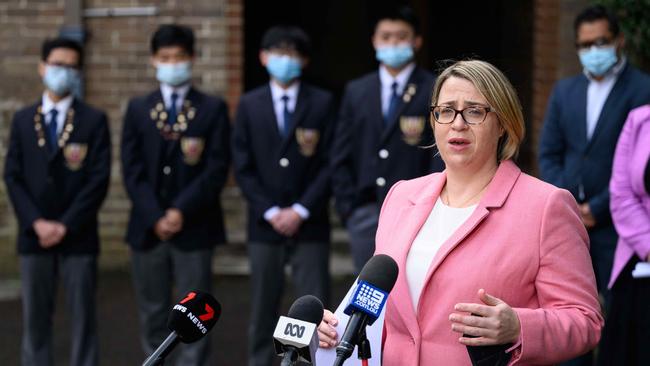
In August 2023 she received a phone call from a recruiter on behalf of one of the nation’s most esteemed business people, the co-founder of the Seek online employment juggernaut and now Square Peg Capital CEO, Paul Bassat.
He was looking for someone to run a new not-for-profit start-up that would engage the community in public policy reform.
Last year he named it Amplify, and appointed Harrisson as its inaugural chief executive.
Its board features a bunch of heavy-hitting names including Bassat as chairman, Tabcorp chief executive and former AFL boss Gillon McLachlan, former NSW premier Dominic Perrottet, Bunnings managing director Michael Schneider, inaugural Tech Council of Australia chief executive Kate Pounder, and River Capital Group co-founder Suzi Carp.
Its corporate supporters include CBA, McKinsey, Arnold Bloch Leibler and the Sidney Myer Fund.
Harrisson says what she most admires about Bassat – someone she had not met before she was approached to take the Amplify role – is his humility.
“This isn’t about him and I think that is really, really unusual. Too often – and I can apply this to the public service and politics as easily to anywhere else – ego can get in the way of doing things that are really important. Paul’s ego isn’t in the way of this at all,” she says.
“He is conscious of the opportunities this country has offered him and he wants to see it offering the same to the next generation of Australians, wherever they might find themselves. That is really inspiring.”
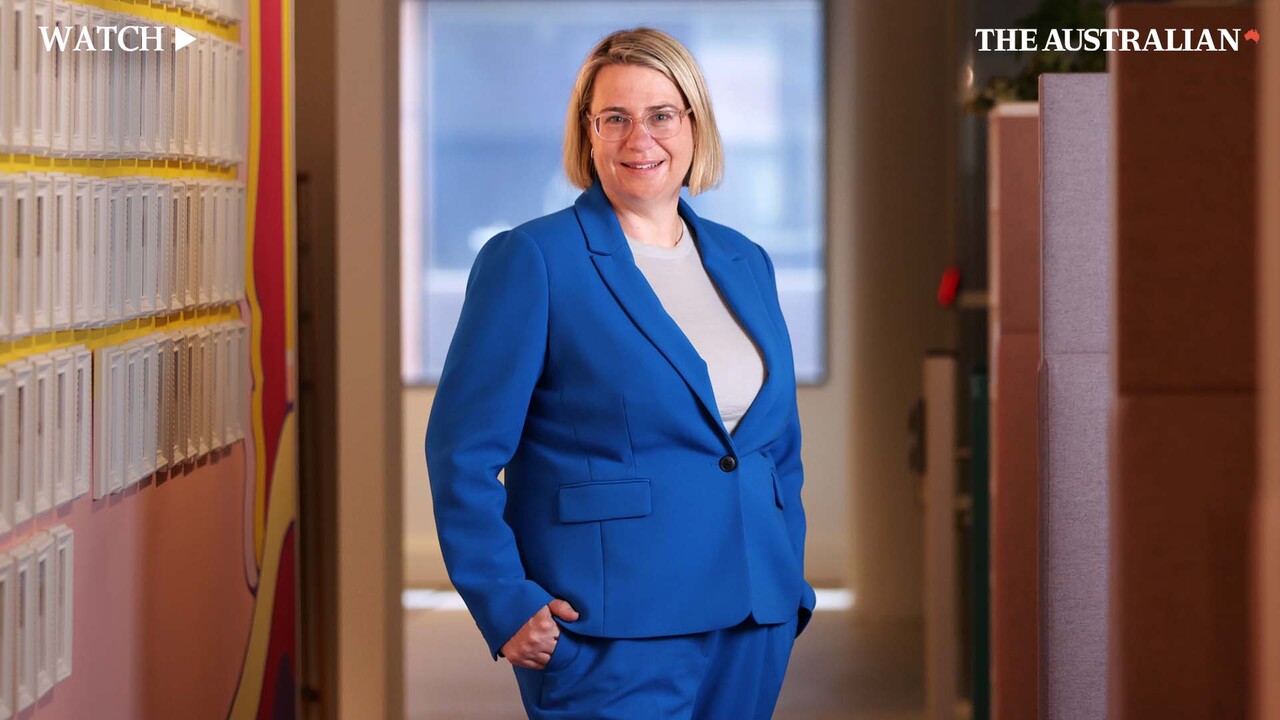
The initial focus of Amplify is tackling the nation’s housing crisis.
It believes the key to bold housing reform lies within the community, by trusting and listening to the public voice through a bold, long-term, collaborative approach.
In February Amplify’s first national event, called Housing AMPLIFICATION, gathered 100 randomly selected Australians from diverse backgrounds who had never met each other to deliberate on 13 expert-developed housing reforms.
“They were absolutely disagreeing, largely politely, but they were putting the questions to the experts. What really struck me over that weekend was how surprised the experts were at the level of engagement and quality of questions from the community,” Harrisson says.
The resounding consensus at the forum placed modular and prefabricated construction at the top of the agenda as a practical and scalable solution to the country’s housing crisis.
In other words, the only way out is to start building, fast.
“So we have to be focusing on supply side and what we saw from the community was government should get out of the way of innovation in the building sector and really invest in unleashing the potential of modern methods of construction and prefab homes and delivering on density,” she says.
Trust deficit
Harrisson’s grandmother left school in the UK at the age of 12 to be the housekeeper for the local policeman.
She met her husband roller skating on the historic Brittania Pier at Great Yarmouth on England's east coast and they brought up their family in the years after World War II.
“So I really appreciate the role that well-executed government programs played in my grandparents being able to bring up a family of five kids living in post-war social housing, five kids who went on to own businesses and homes,” Harrisson says.
Georgina Harrisson worked for Tony Blair early in her career, specifically in the UK Prime Minister’s delivery unit.
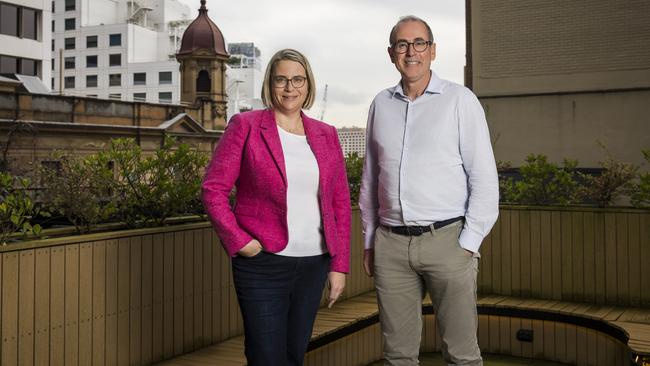
She and her husband left the UK for Canberra in 2011 when their eldest daughter was 18 months old. Their children are now 15 and 9.
She has always believed in the power of public service to positively influence people’s lives, a purpose that has long driven her work.
“I would say the people who work in the public service are some of the best, smartest, kindest and most compassionate people you will ever meet. But it may have some structures around it that don’t always allow those people to shine at their full potential,” she says.
Harrisson had her critics during her public sector career.
In 2022, she was involved in protracted industrial disputes with the teachers’ union over pay and conditions.
Commenting more broadly about criticism of the public service, she calls it “an easy target”.
“I think it is easy to kick out at something that is a kind of faceless, amorphous mass. If you don’t have people out there talking about what it is, it becomes very easy to kind of target and challenge,” she says.
But she worries that community trust is going – or has already gone – from the modern day public service.
“How much of that is about public service performance versus the political constraints in the world it is working in and how do we navigate that? How do we really showcase the things that the public service does brilliantly?” she asks.
“We are in a period of huge misinformation, and if the public service isn’t giving out good information that people can trust and they are not opening doors to more of that information, then you are going to really struggle to rebuild trust if you don’t have that transparency.”
Harrison is now on the board of Autism Spectrum Australia after co-leading the taskforce that established the NDIS. Growing up in the UK, one of her best friends had a brother with special needs.
“Working on the NDIS, you really see the impact of good services being absolutely transformational for people, and bad services putting people into a pretty difficult position that affects their mental health, financial position and their prospects for the future,” she says.
“So having worked on the NDIS and having worked in education, the opportunity to work with Autism Spectrum Australia was aligned with the things I care about.”
Lessons for politicians
The focus of Amplify is “uncommon ground”, where the community works together to uncover unexpected solutions to the country’s biggest issues. Where collective intelligence is more powerful than individual perspectives.
Most importantly it wants everyday Australians to be at the heart of decision making, ensuring public concerns shape national policy directions.
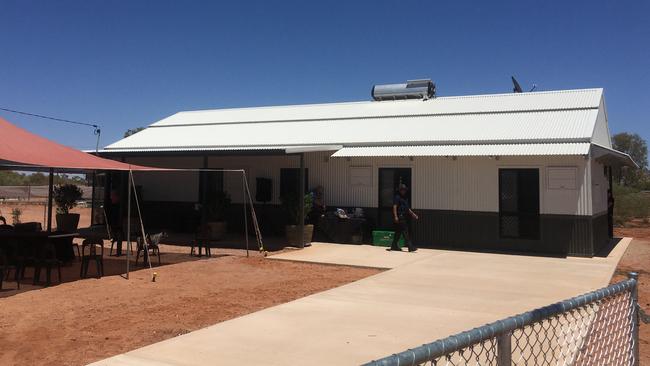
In three to five years time, Harrisson hopes to be able to point to real world policy change that has been community-driven through Amplify.
“I hope we will be bringing the voices of the community as a real influence on government. I also hope we will have changed the nature of discourse so that you will see people talking to people that they disagree with,” she says.
Harrison stresses Amplify doesn’t simply want to “hit and run” on housing.
“We are here for the long haul on this issue. So we will be looking at how we knock down the barriers in the community and with industry to get prefab housing really motoring and contributing its full potential to address the housing crisis. Then we will be looking to the community to tell us where they want us to go next in terms of policy reform,” she says.
But she laments how politics continues to pervade the issue, manifested in the rhetoric of the current federal election campaign.
“You have got one party saying they will do the exact opposite of another party,” she says.
“So the public just sees division in that debate. What they don’t see is grown ups coming to the table to solve the issue. I looked at the community, when we had them together in our February forum, and they showed leadership. They were behaving like grown ups, having the hard conversations, making the trade-offs, not tearing each other down. Then they actually came out with high levels of agreement. I think our politicians would all do well to spend a bit of time thinking about where they can agree and do things together, rather than continually working in their party political mode.”
Harrisson’s father is now 86 and living at an aged care facility at Narrabeen on Sydney’s northern beaches. Her mother, Jenny, visits him every day.
But the highlight of each week is when his grandchildren visit.
“What is amazing is as soon as my kids show up, he still has this sense of needing to be grandpa,” she says proudly.
“Lewy body dementia comes with hallucinations and all sorts of other bad things, but when his grandkids turn up, it is like the show has been put back on. He just knows he needs to be grandpa in that moment.”
Despite the pain of 2023, she has no regrets about making a career change, even if it was forced upon her by politics.
“When you step out of something that is a part of who you are, that is a good thing to do. It is a good journey to go through,” she says.
“It is a good thing for your kids to see you wrestle with as an adult, and for them to understand that you are not what you do for work. You are happy, every day.”





To join the conversation, please log in. Don't have an account? Register
Join the conversation, you are commenting as Logout